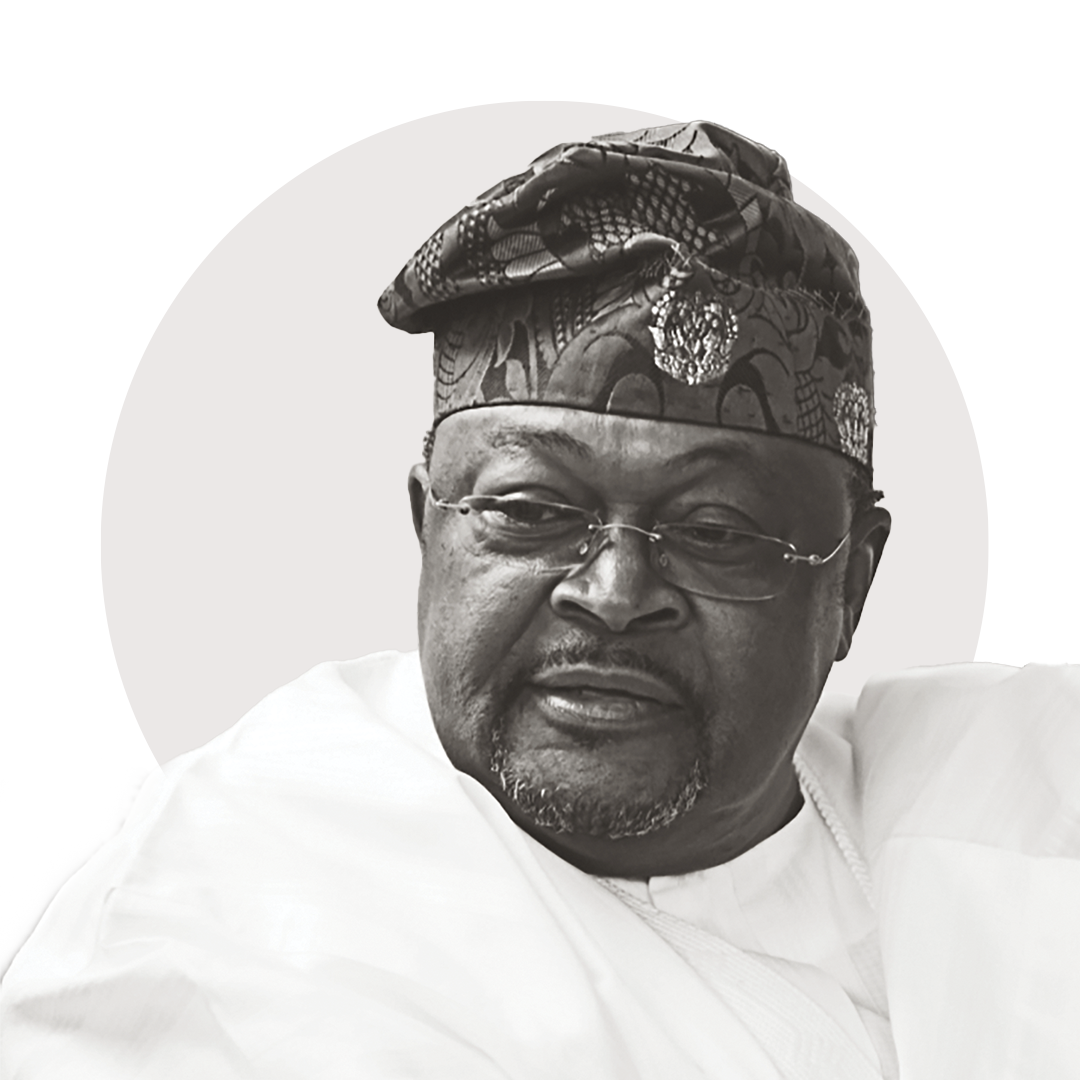Inspired by the city of Timbuktu in Mali, the timbuktoo initiative aims to spur the growth of entrepreneurial ventures across Africa.
“…there is no shortage of capital in the world. The issue is that it is not flowing towards the businesses and startups in the location where it is needed the most.”
The United Nations Development Programme (UNDP) and the timbuktoo Africa Innovation Foundation launched the timbuktoo Fintech Hub, the first of 10 thematic hubs, at UNDP’s innovation center in Lagos, Nigeria.
“We will bring together both commercial and catalytic funds to reduce the risks associated with private investment and foster a comprehensive startup ecosystem,” Ahunna Eziakonwa, United Nations (UN) Assistant Secretary-General and UNDP Regional Director for Africa, tells FORBES AFRICA.
The thematic hubs will support young innovators in sectors such as agritech, healthtech, greentech, tradetech, tourismtech, edtech, the creative industry, and from Smart Cities. The fintech hub in Lagos will offer a workspace for startups and established companies, providing mentorship and guidance. The first cohort includes 42 young Africans from 31 countries who have already commenced a boot camp designed to elevate their startups.
Loading...
With venture capital inflows to Africa significantly declining, on strategies the UNDP will employ to attract local and international investment to support the $1 billion fund and technology hubs, Eziakonwa explains, “The reality is that there is no shortage of capital in the world. The issue is that it is not flowing towards the businesses and startups in the location where it is needed the most. We have been listening to investors who tell us there is too much risk in investing in African markets; they say we don’t see a viable pipeline of businesses to invest in. This is where timbuktoo comes in to address these challenges.”
On sustainability and long-term impact, Eziakonwa says, “We recognize that there needs to be upfront investment to make timbuktoo work. This is where UNDP comes in as an early-stage investor, giving the needed push that the ecosystem needs. However, we are cognizant that sustainability will come through partnerships, and we already have a number of governments and academic institutions signing up to implement both UniPods and Hubs. We are developing sound business models where services can be delivered at affordable costs for our small enterprises.”
Ifelade Ayodele, CEO and Founder of fintech firm Blaaiz, believes the initiative will foster collaboration among fintech players with shared values. However, he notes a potential challenge in gaining adequate support from African governments.
“A way to proactively cater to this and realize the intended benefits of the scheme would be for fintechs to adopt a collaborative approach that ensures a decent number of them are invested in any initiative/solution that would mature to further conversations/support from the relevant governments,” says Ifelade.
On lessons the UNDP has learned from previous innovation initiatives in Africa, and how these lessons are being applied to ensure the success of this new project, Elsie Attafuah, UNDP Resident Representative in Nigeria, shares, “The role of governments—at sub-national, national, regional, and continental levels—remains critical in ensuring conducive conditions for startups to thrive. The legal and policy environment
is vital for scale. Entrepreneurship on the continent will also thrive if the public sector is perceived as a possible end-user of solutions. Scale can only be achieved through deliberate uptake of solutions by the public sector.”
Attafuah also touches on reclaiming the place of impact in startup support. “Impact in this regard is much more than the monetary returns; rather, it’s the value that is generated by the venture. The central premise is that solutions that respond to a real problem are most likely to translate into commercially viable ventures.”
Speaking of measures that will be put in place to ensure that the initiatives are inclusive and accessible to underrepresented groups, William Tsuma, Head of UNDP Innovation Center Lagos and Chief Innovation Officer, explains, “Inclusivity is the foundation upon which the timbuktoo initiative will succeed. The best way to achieve this is by leveraging the ecosystem in its totality across the design and implementation —but most importantly — during pipeline activation. Ensuring emerging markets are represented, underserved communities, young women, persons living with disabilities, etc.”
Tsuma continues: “There is a deliberate effort to close the gap between problem-holders and solution providers. In this regard, placing emphasis on user-led solutions and accelerating businesses/ventures around them. This allows for inclusion as people close to the problem have a better understanding of the probable solution.”
Loading...





















